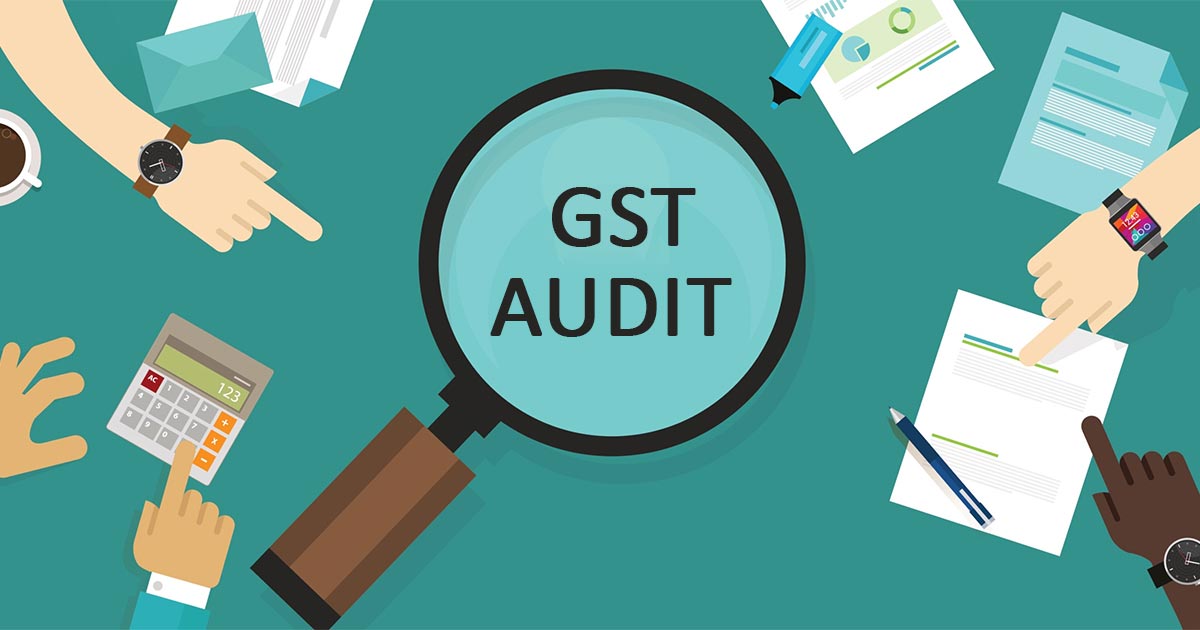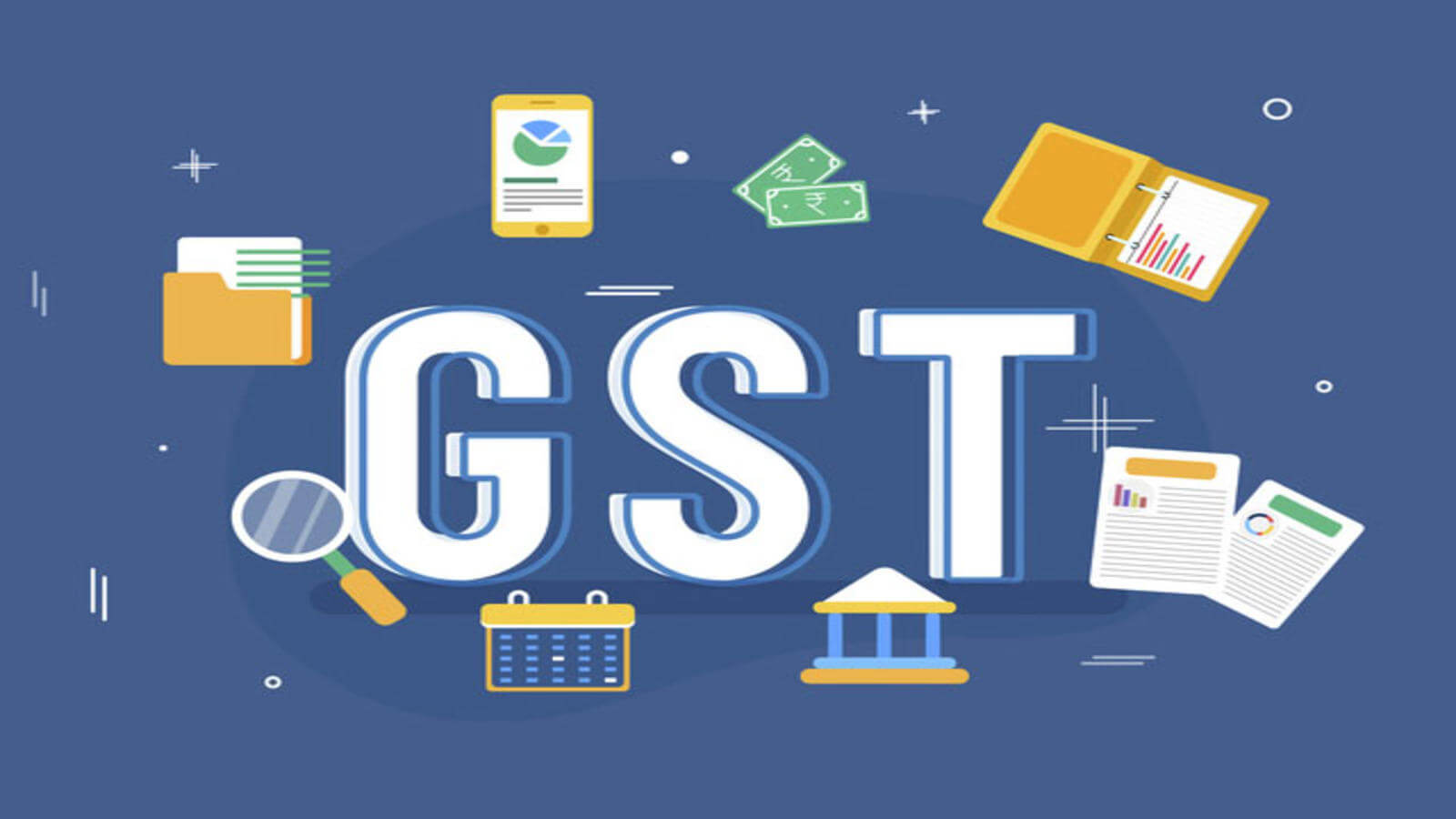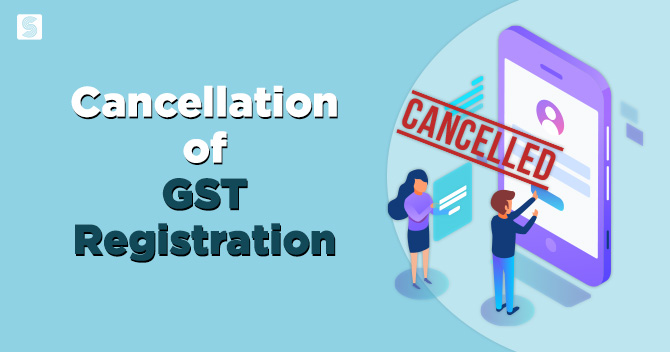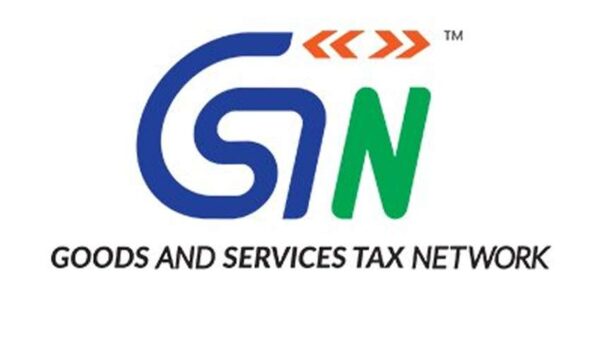The due date of filing of Audit Certificate / Reconciliation Statement for the FY 2018-19 in GSTR-9C viz Reconciliation statement / GST Audit Certificate was extended to 31st October,2020 vide Notification No. 69/2020-Central Tax dated 30.09.2020.
For ready reference of our readers we have compiled a list of 15 important and basic points to be checked by the GST Auditor while finalizing their Audit and filing of GSTR-9C. It may be noted that the list is not an exhaustive list and only flags some of the important issues.
1. Reconciliation of Income & Receipts as per P & L account and as per GST Returns.
This one is the basic exercise wherein the incomes as per P&L Account for the FY 2018-19 should be reconciled with the income streams on which GST has been paid under GSTR-3B / GSTR-9 or not paid being exempt / non-GST supplies.
Reasons for differences between the turnover could be due to unbilled revenue in books, which though booked as income is not subject to GST as time of supply has not been triggered. Another reason for difference could be unadjusted advances of services as year end which though are subject to payment of GST, but same are not booked as income in P&L Account. Further there could be foreign exchange fluctuations which may be adjusted in P&L Account but same are not subject to GST.
It is recommended that every transaction reflected in ‘Other Income’ ledger is checked to confirm as to whether GST is applicable on any such transaction for which tax invoice is not prepared. For example, late payment interest received etc. Further credit in expenditure accounts should also be checked to catch the reimbursement of expenses and whether GST is paid thereon in cases where such reimbursement is not as pure agent.
The reconciliation of the turnover declared in the audited Financial Statement with turnover declared in GSTR9 is to be mentioned in Part II of GSTR-9C.
2. Supply of services free of cost to branches located to other States
As per Section 25 of the CGST Act, 2017 read with para 2 of Schedule – I to the CGST Act, 2017, any transfer of goods / support services given by head office / branch to other branches / factory is to be treated as ‘outward supply’ even if it is without consideration and accordingly, IGST will be applicable.
Thus such cases should be checked, to ensure payment of due GST on the value determined as per CGST Rules, 2017.
3. Verification of ’place of supply’ to check whether correct GST is charged
It should be checked that place of supply has correctly been determined and indicated in the tax invoice raised. Such compliance should specifically be checked in “Bill To – Ship To” cases where the place of supply of goods is not the place where goods are sent but the place where the person on whose direction the goods are sent, is located (registered).
Any wrong determination of place of supply may result in wrong payment of tax i.e. CGST + SGST instead of IGST and vice versa.
4. Rate of outward supply to be checked based on HSN/SAC.
The rate of GST applicable on outward supplies as charged and paid by Auditee should be checked based upon HSN / SAC Code in order to ensure the correctness of rate applied. It may be noted here that in Part III of GSTR-9C we need to give the reconciliation of tax paid wherein the bifurcation of tax value is to be given GST rate wise viz 5%, 12%,18% or 28%.
5. Outward supplies claimed as exports to be checked
Outward supplies claimed as exports to be checked on the basis of provisions of sec. 2(5) & 2(6) of IGST Act, 2017. Whether such supplies satisfy all conditions or not.
Like as per Section 2(6) a supply will be regarded as export of service inter-alia only if the payment of such service has been received by the supplier of service in convertible foreign exchange. Thus even if recipient is located abroad and place of supply is also abroad, such supply of service would not be regarded as export if payment is received in Indian Rupees.
Also it should be checked that if exports are made without payment of GST, LUT has duly been submitted.
6. Checking valuation of supply is as per GST law:
It should be ensured that all expenses recovered by the supplier incurred on behalf of recipient like transit Insurance, freight etc. are included in taxable value and GST is paid thereon.
Further adjustment of any discounts given is strictly as per the provisions of sec. 15(3) of CGST Act, 2017 wherein only the discounts recorded on invoice or allowed subsequently as per agreement (by issue of credit note) are allowed. For rest of discounts no adjustment of GST is allowed , however a financial credit note of basic value can be issued without any GST implications.
7. Sale of used cars
In case used car has been sold by the auditee, it should be ensured that due GST thereon has been paid. For details in regard to GST on sale of old / use vehicles please click here.
8. Expenses liable to RCM including the foreign payments.
As a GST Auditor another important area to check is whether compliance of reverse charge provisions has been made by auditee or not. Here also the auditor can check the ledger accounts of expense heads like renting of motor vehicles, legal services, sponsorship expenses, freight payments to GTA, security expenses etc and a reconciliation may be obtained thereof with amounts on which GST has been paid under reverse charge mechanism.
The foreign payments towards import of services are also subject to RCM, the amounts thereof can be checked from 15CA / 15CB / notes to accounts in case of Companies and payment of GST be ensured.
9. Reconciliation of ITC declared in Annual Return with ITC availed on expenses as per P&L A/c
The Auditor should check the expense heads in ledger accounts on which ITC is being availed. This will ensure accuracy of ITC availed. Such reconciliation is to be given at table 14 of GSTR-9C , however same has been made optional for the FY 2018-19. However it is suggested that such statement should be kept as part of working papers of the audit.
Further it should be checked that the documentary evidences as laid down under Rule 36 of the CGST Rules, 2017 is available and condition for availing of ITC as per Section 16 of the CGST Act are fulfilled.
Also by logic, the ITC closing balance as on March 31, 2019 should match with ITC balance reflected on the GST portal under the input tax credit ledger.
10. Ensure blocked ITC covered in sec. 17(5) has not been availed
While checking the ITC availed by the auditee, it should be checked that ITC which is blocked under Section 17(5) of the CGST Act, 2017 has not been availed.
Examples of blocked credits are GST paid on passenger transportation vehicles or renting thereof including insurance , R&M etc (subject to some exceptions) , work contract services for construction of immoveable property , goods / services received for construction of immoveable property (other than P&M) on his own account etc.
11. Checking that payment to creditors is made within 180 days, else ITC to be reversed
As per second proviso to Section 16(2) of the CGST Act,2017 where a recipient fails to pay to the supplier (other than in RCM cases) the value of supply along with tax payable thereon within a period of 180 days from the invoice date, the corresponding ITC will be added in output tax liability. In case partial payment is made, partial ITC will be added.
Here it is important to note that words used are “fails to pay” and thus in our view the cases where retention money is deducted from bill, as per contract terms, reversal of ITC as above is not required. For further details Click Here.
12. Reversal of ITC on any value of goods written off in the books
As per Section 17(5)(h) of the CGST Act, 2017 in case any goods (raw material, WEIP or finished goods) are written off in the books, the respective ITC thereon should be reversed. Compliance of this may be checked.
13. Reversal of ITC in case of exempted / non-GST supply;
In accordance to Section 17(1) and 17(2) of the CGST Act, 2017 read with Rule 42 of the CGSt Rules, 2017 taxpayers are required to reverse input tax credit in respect of common goods / services used in providing taxable as well as exempt supplies. It should be checked that such reversal is made as per formula given in Rule 42 of the CGST Rules, 2017 which speaks of pro rata reversal.
Further the exempt supply for purpose of above ITC reversal is to be computed after certain adjustment. For further details Click here.
14. Ensure Tax invoices/ debit or credit notes/ self invoices/ payment voucher/ refund voucher are issued
It should be checked that the supplier has issued Tax Invoice as per provisions of Section 31 of the CGST Act, 2017 containing all the required particulars as mandated under Rule 46 of the CGST Rules, 2017. Further debit / credit notes are issued in compliance to Section 34 and Rule 53.
Further issuance of self invoice is to be made as per Section 31(3)(f) of the CGST Act,2017 in cases where supplies are received from unregistered suppliers. This invoice is most important in availing of ITC of tax paid under RCM in view of fact that as per Rule 36 the documentary requirement for availing of ITC in such cases is this self invoice.
A receipt voucher is to be issued upon receipt of advance as per Section 31(3)(e) and payment voucher as per Section 31(3)(g) is to be issued at time of making payment to the supplier in cases where payment is required to be made under RCM.
15. To check compliances in regard to Goods Sent to Job Work
It should be checked whether the conditions are fulfilled for claiming input tax credit on goods (including capital goods) sent for job work. Also whether the Principal has sent goods to the job worker under the cover of delivery challans. Further it should be checked whether the registered person has furnished FORM ITC 04 for the quarters in which goods were sent out for job work.
It should also be ensured that in case the registered person has supplied goods directly from the
place of business of job worker, whether he has satisfied the conditions laid down in proviso to Section 143 (1) of GST Act. Further in case the job worker is unregistered, and such job worker has supplied any waste/ scrap generated during the job work from his place of business directly, it should be checked whether the registered person has paid tax on such supply.
It should also be checked that any goods sent for job work are returned within specified time viz one year for inputs and three years for capital goods. Else the sending of such goods would be treated as supply on the day such goods were sent and thus GST would become payable with interest.
***
[rainbow]Don’t miss the next GST Update / Article / Judicial pronouncement[/rainbow]
Subscribe to our newsletter from FREE to stay updated on GST Law
Resolve your GST queries from national level experts on GST free of cost.
Frah Saeed is a law graduate specializing in the core field of indirect taxes and is the Co-founder of taxwallah.com. She has authored many publications on GST and is into full-time consultancy on GST to big corporates. She as a part of taxwallah.com heads a team comprising of Chartered Accountants and Advocates and plays a key role in our mission to disseminate GST knowledge to all.




